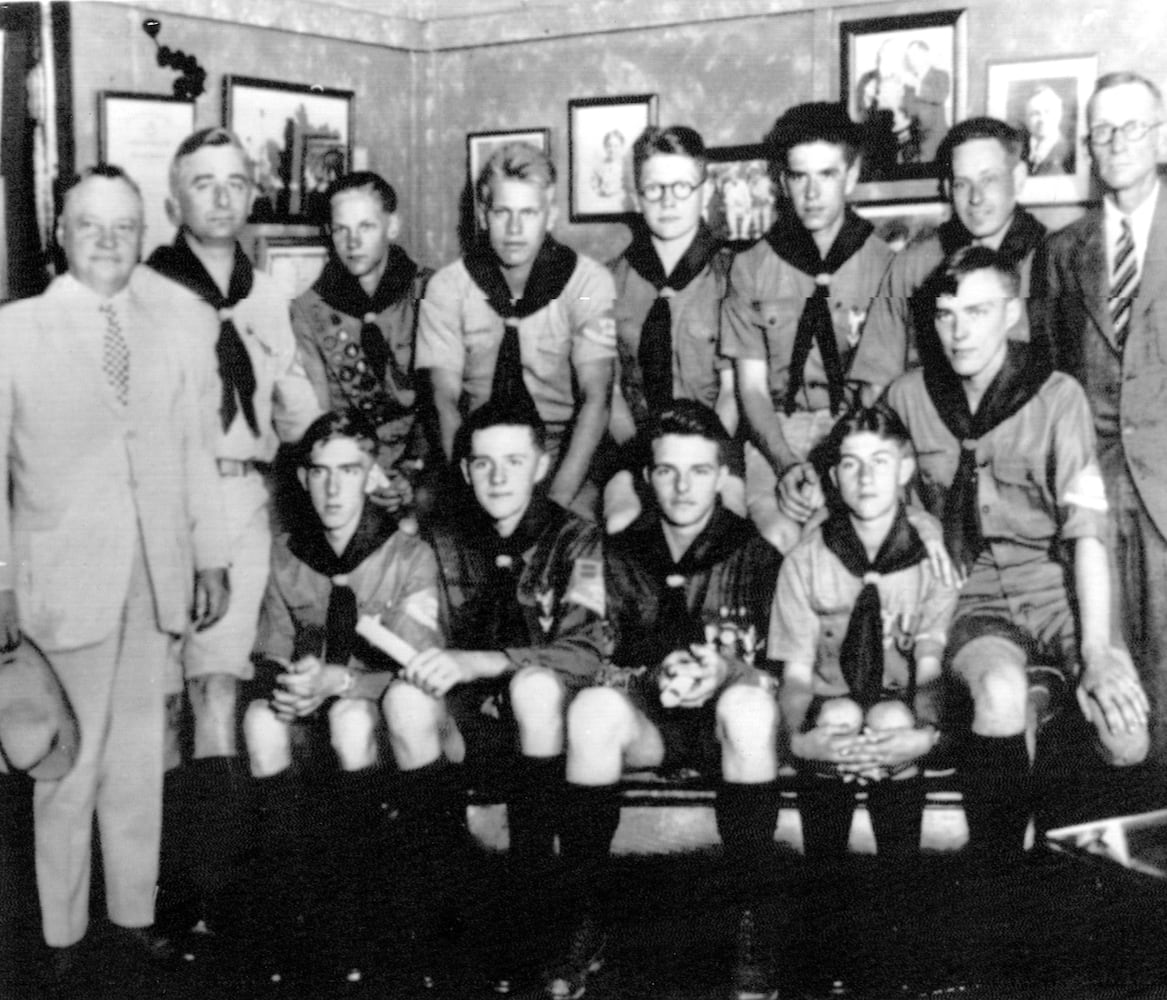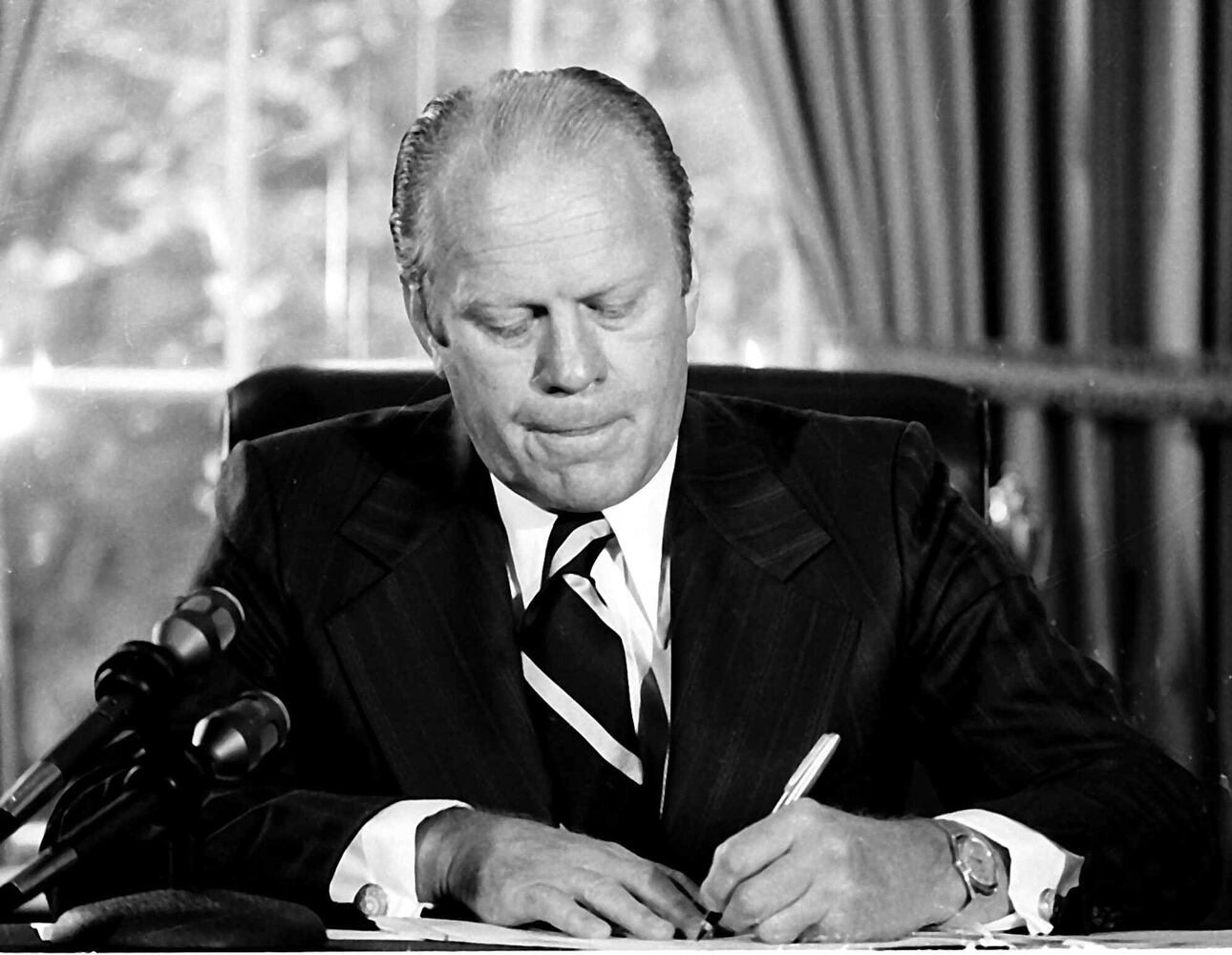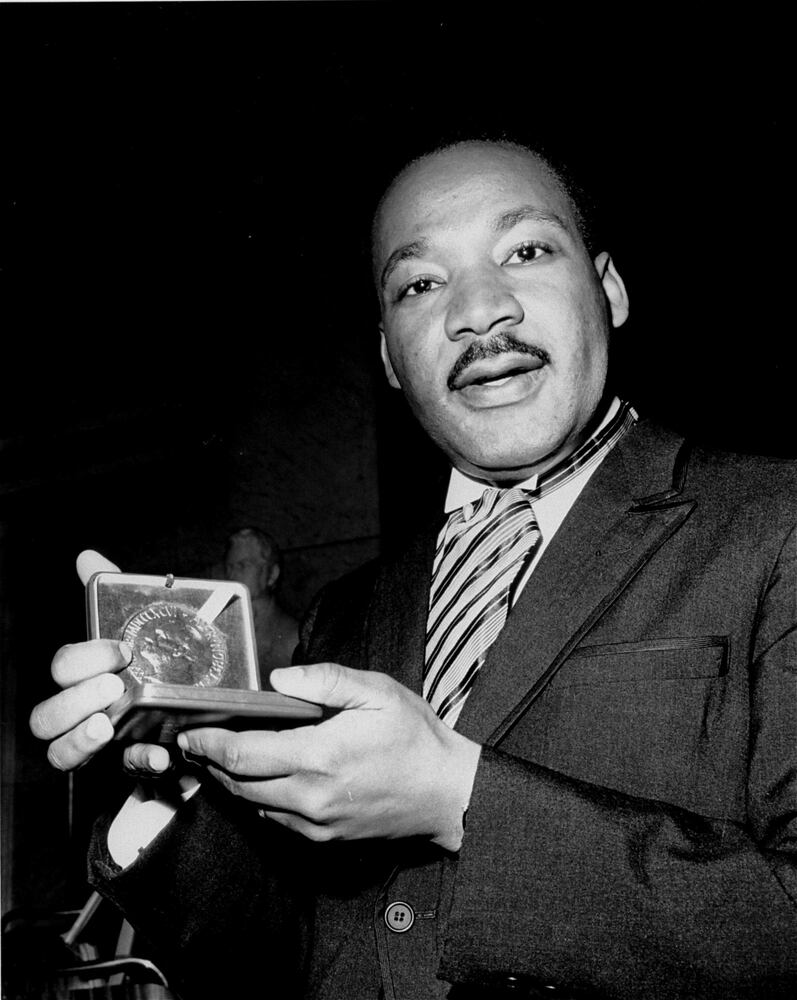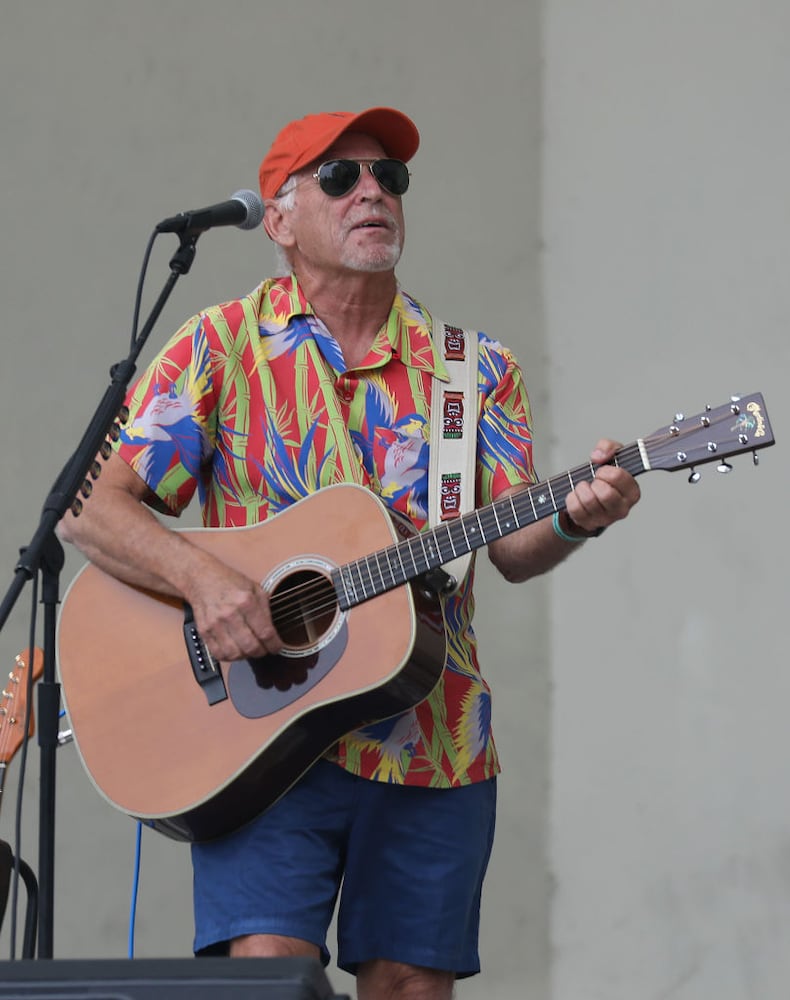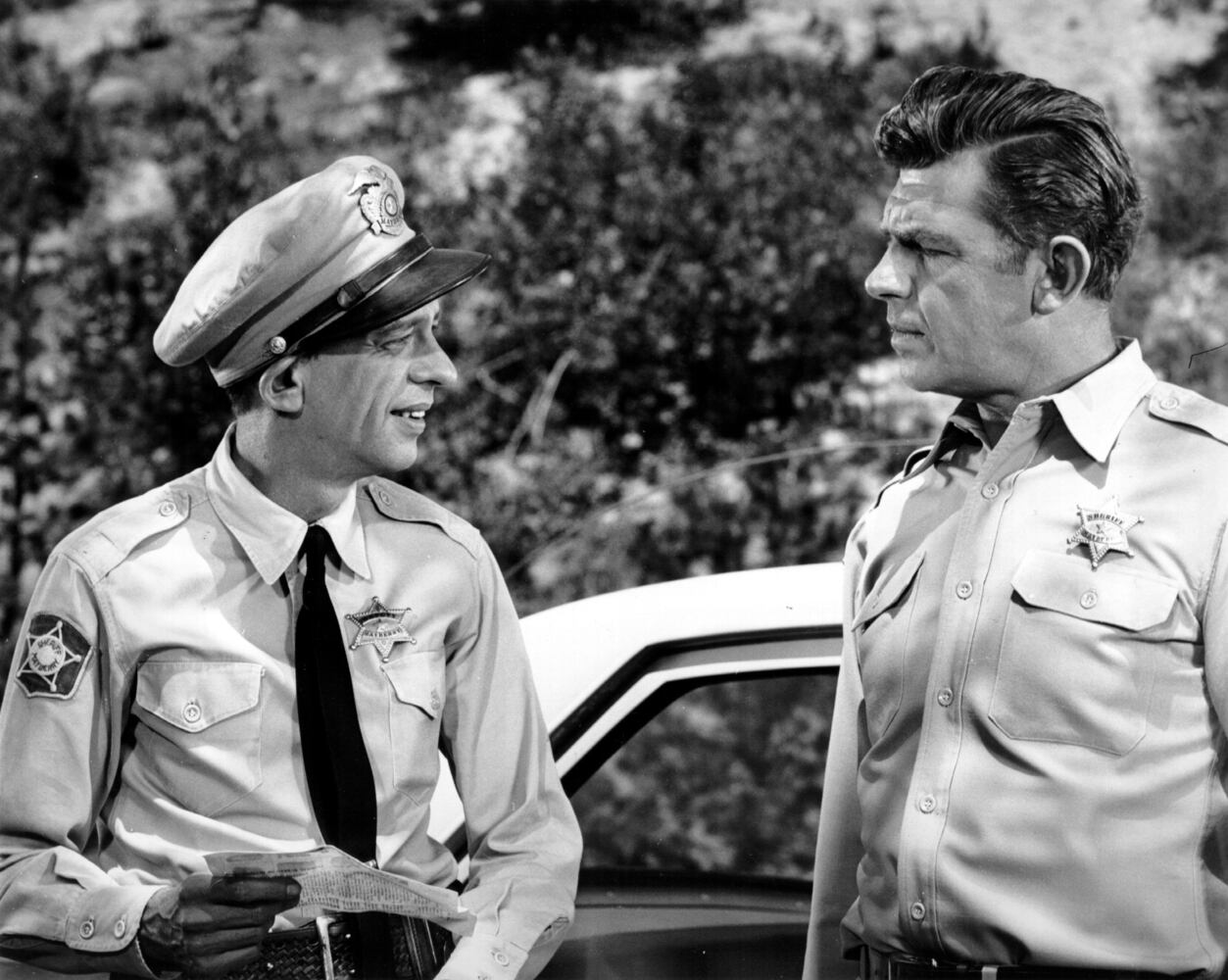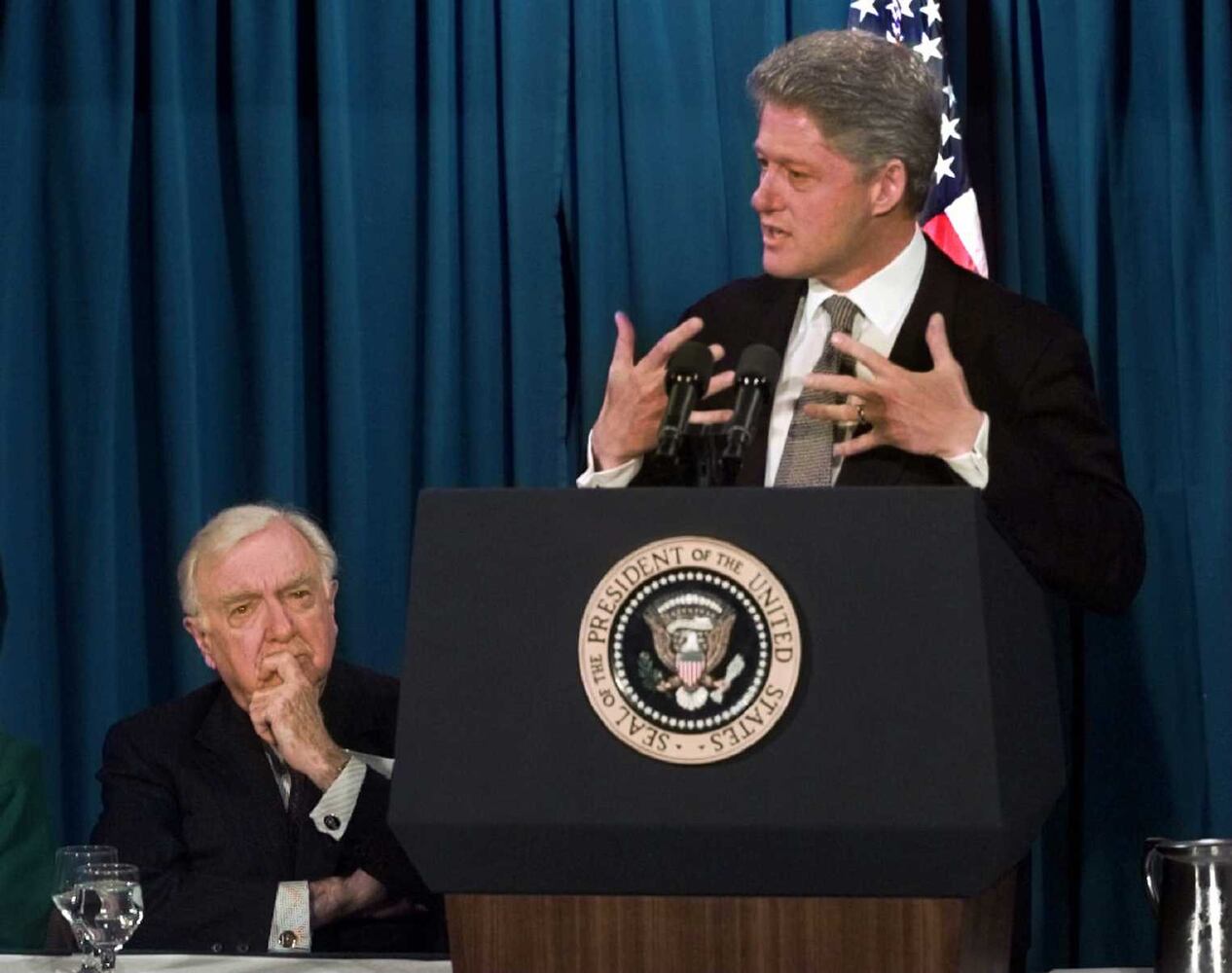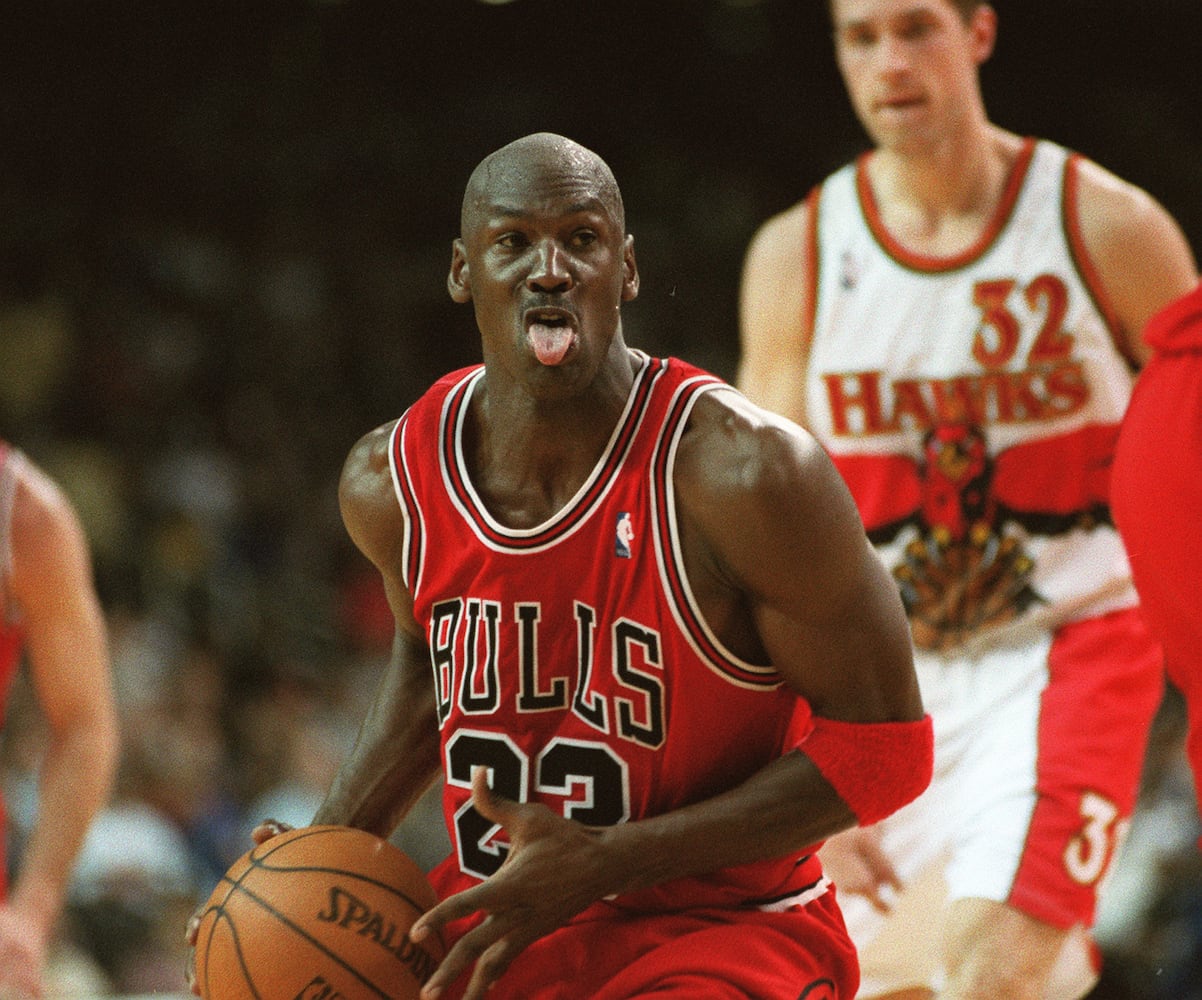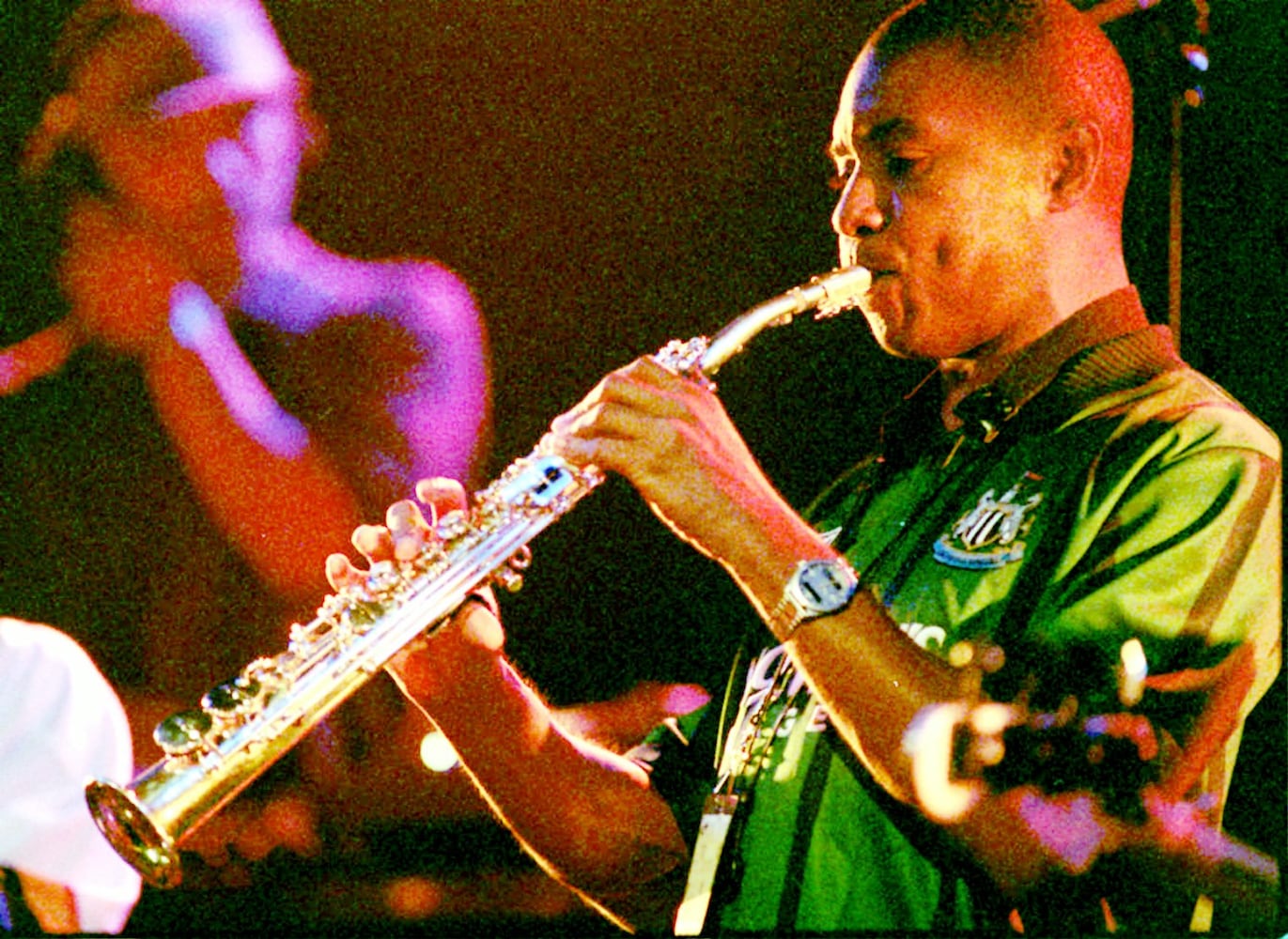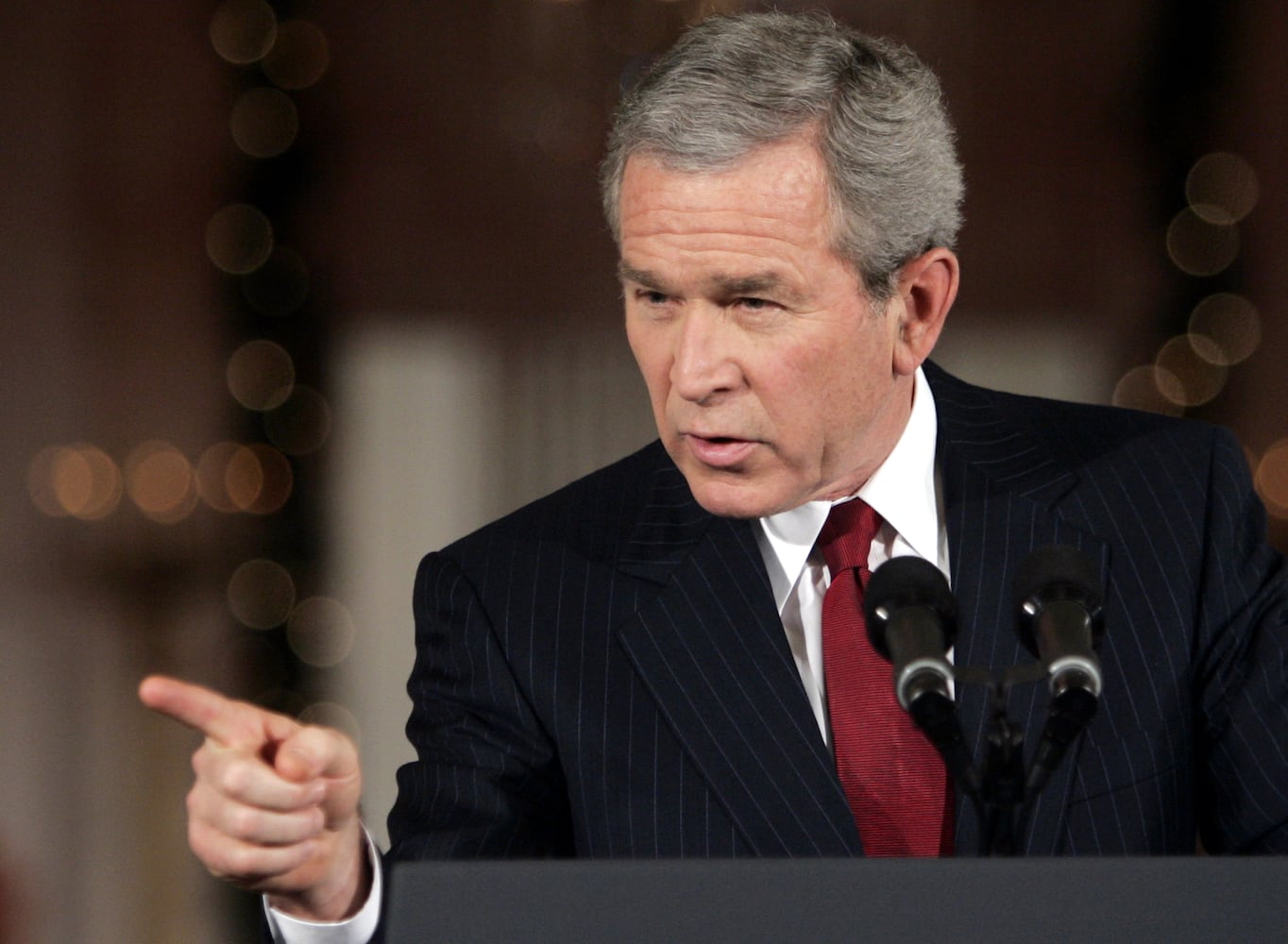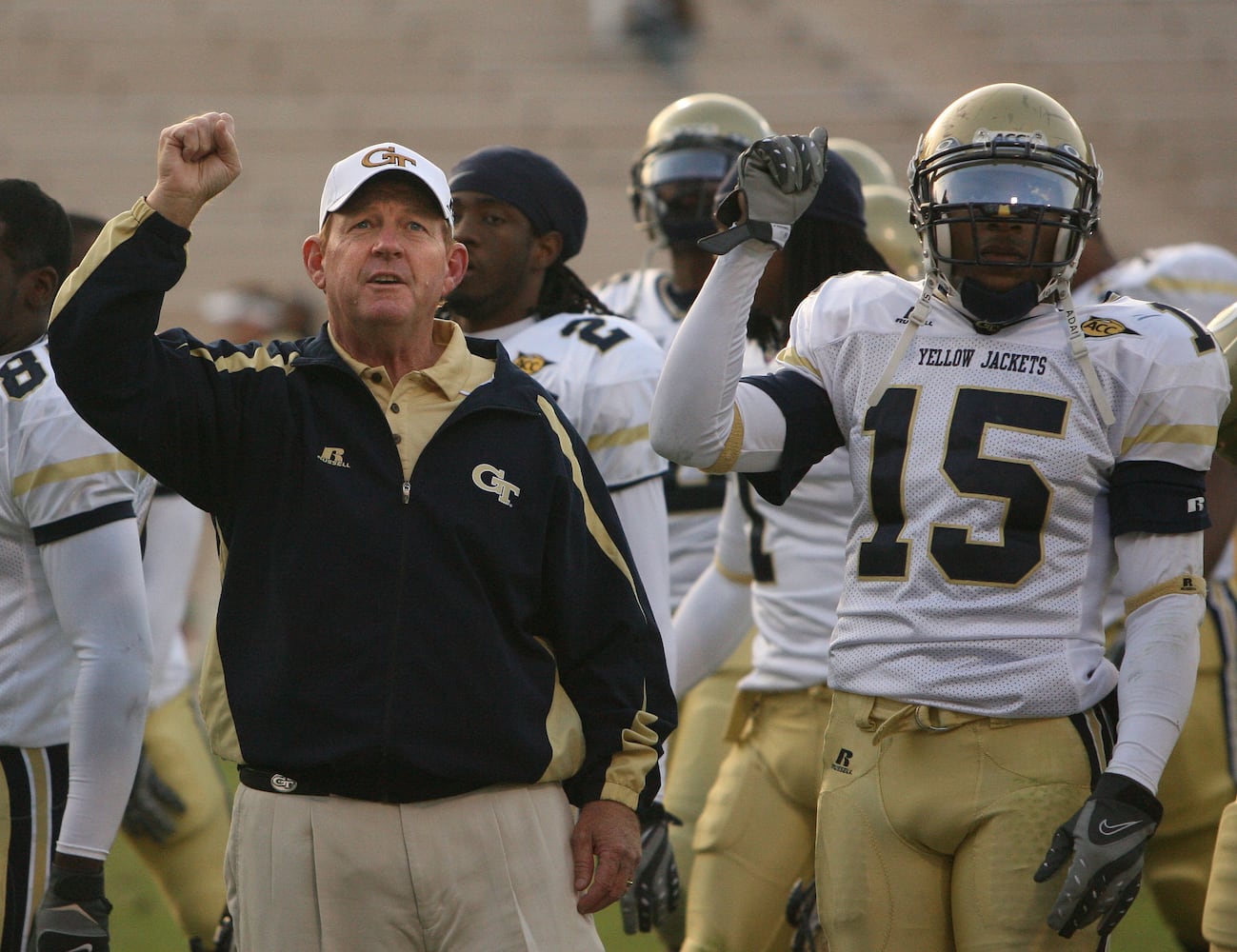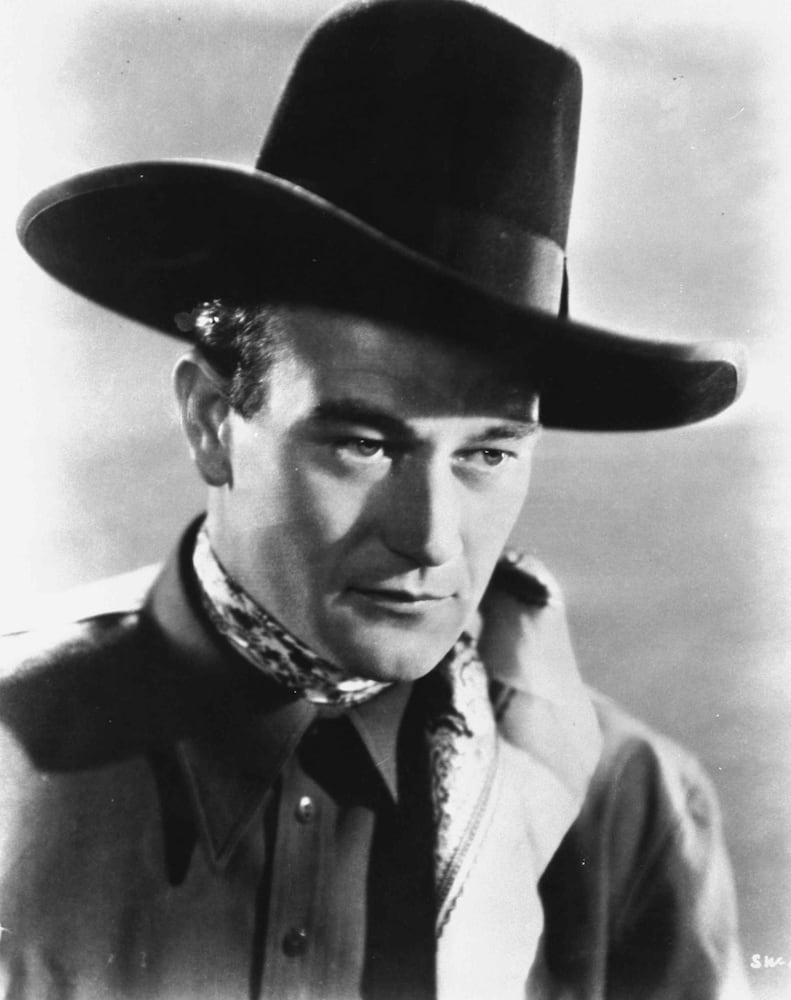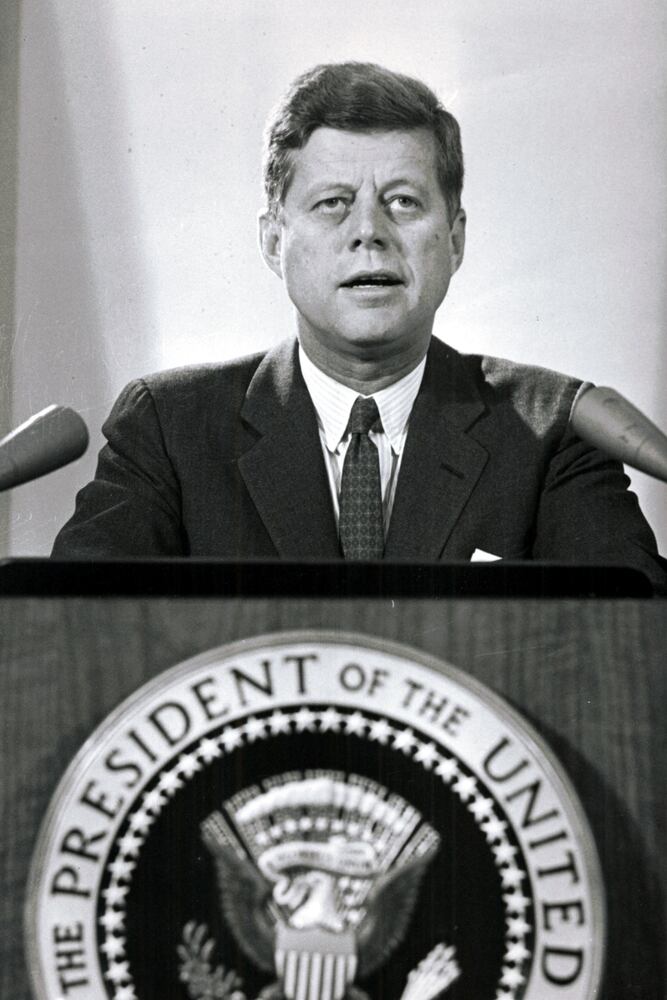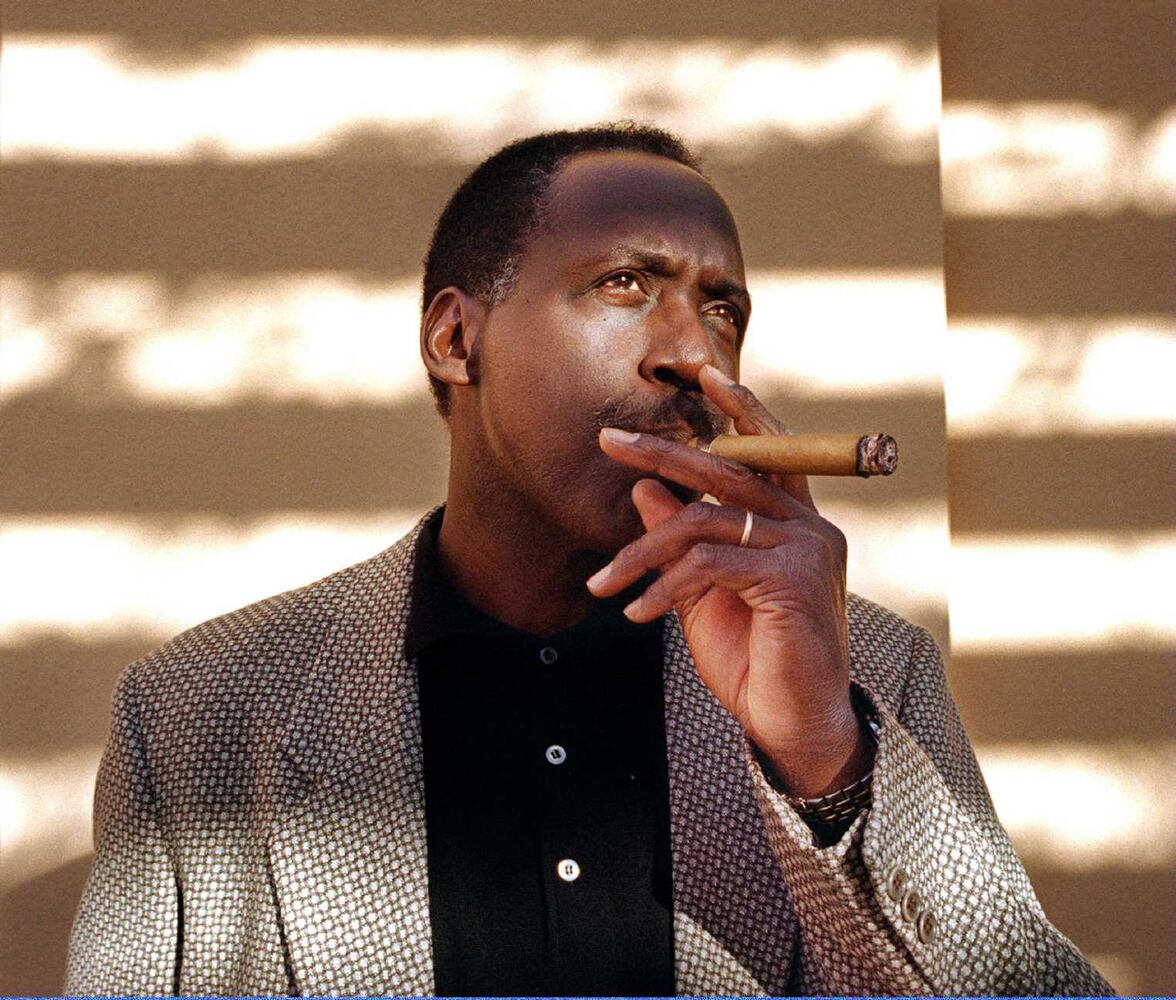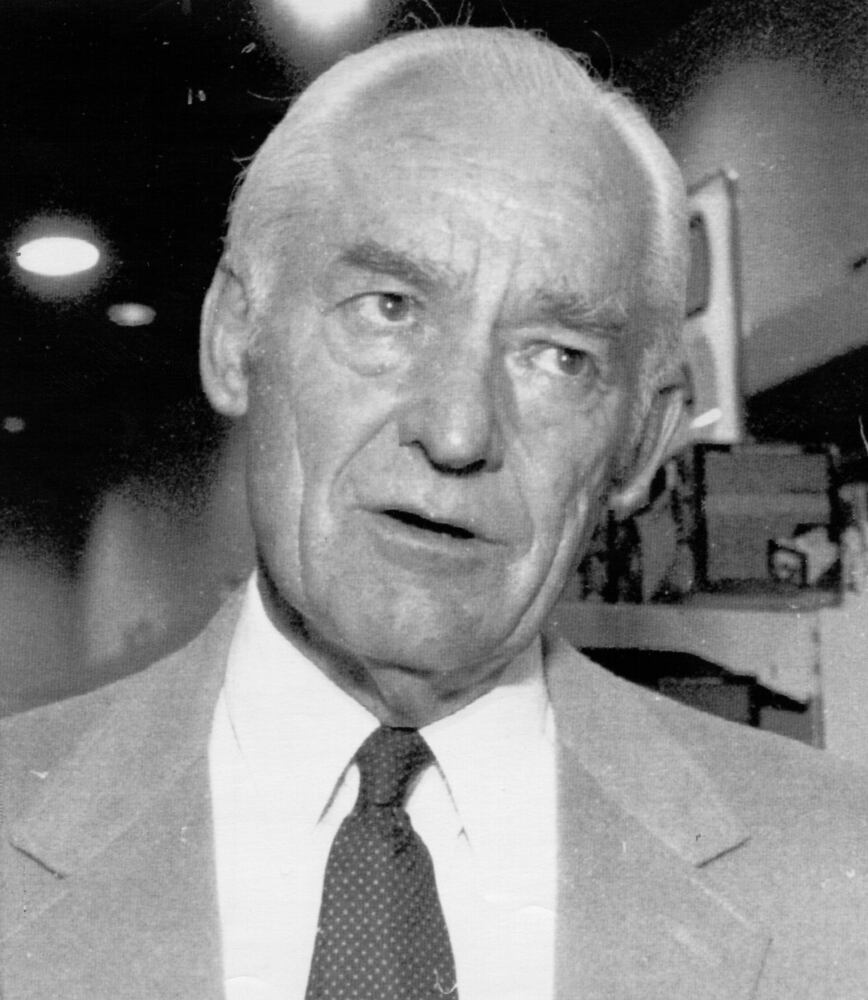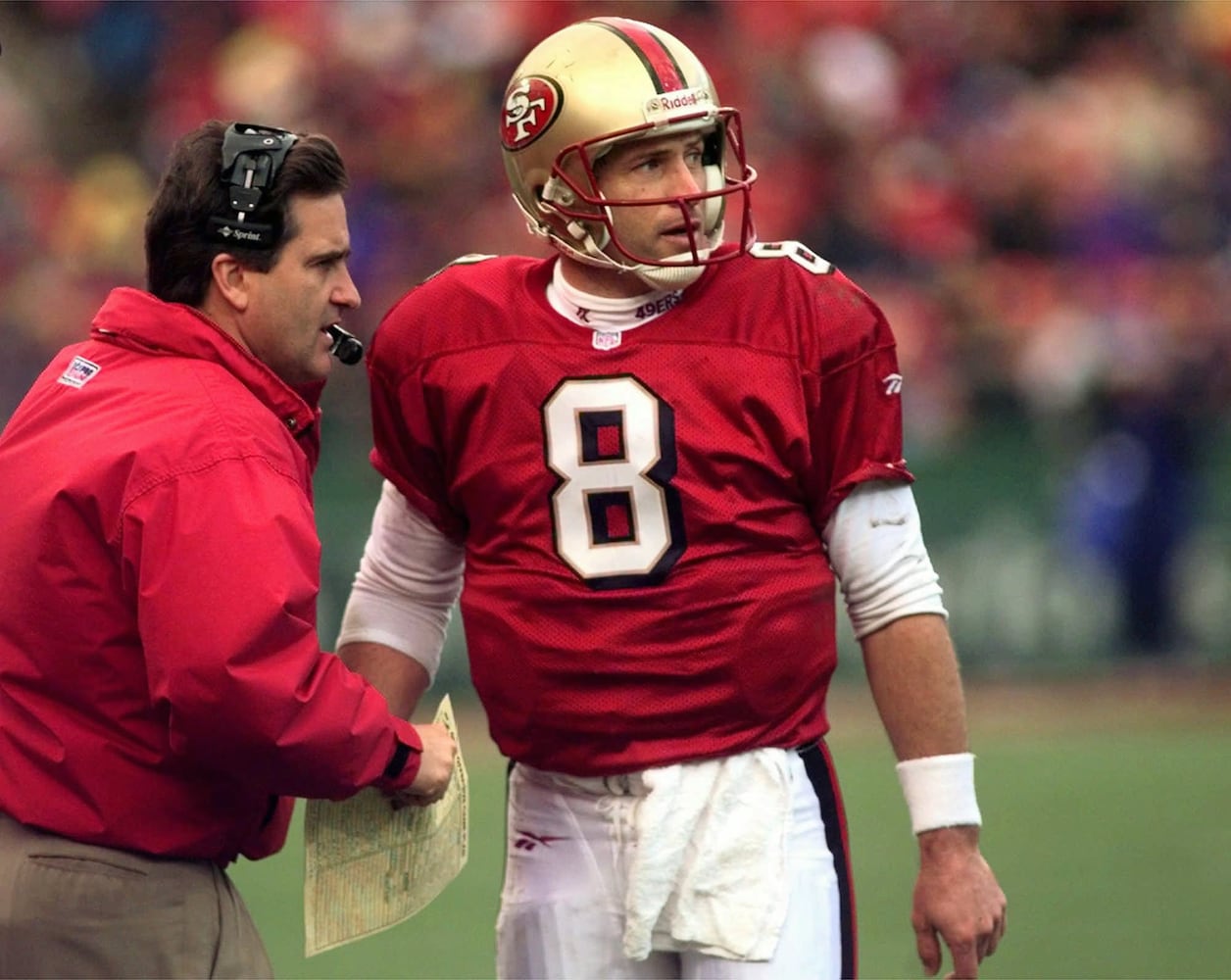The Boy Scouts of America, rocked by scandal and steadily declining membership, filed for Chapter 11 bankruptcy early Tuesday morning.
The move had been rumored for months, with the BSA facing roughly 300 lawsuits alleging sexual abuse by adult volunteers. Still, in a country largely shaped by Boy Scouts, it’s a storyline few would have predicted.
Five former U.S. presidents were members. So were the Rev. Martin Luther King Jr., Atlanta Braves legend Hank Aaron and Microsoft co-founder Bill Gates.
Its ranks also included tens of thousands of boys sexually abused by adult volunteers, according to an internal review by the organization. But those perpetrators were rarely held responsible.
RELATED:
Sex abuse admission by Boy Scouts puts new focus on Georgia predator law
In Boy Scout sex abuse case, small-town secrets revealed
Lawsuit alleges conspiracy of silence in Boy Scouts sex abuse cases
Cobb megachurch cuts ties with Boy Scouts over gay youth
PHOTOS: Meet some famous former Boy Scouts
“We are outraged that there have been times when individuals took advantage of our programs to harm innocent children,” Roger Mosby, the BSA’s president and CEO, said in a statement. “While we know nothing can undo the tragic abuse that victims suffered, we believe the Chapter 11 process, with the proposed trust structure, will provide equitable compensation to all victims while maintaining the BSA’s important mission.”
Attorney Paul Mones, who, in a 2010 sex abuse case, secured the largest verdict ever against the BSA, said the organization has only itself to blame.
“It’s a cornerstone of American male identity ... woven deep into the fabric of our culture,” he said. “But they’ve made the wrong decisions for years.”
In 2012, those decisions were exposed to the public when a court ordered the BSA to turn over confidential “perversion files” identifying more than 7,000 perpetrators.
But those documents only covered 20 years, from 1965 to 1985. Many of the predators remain unidentified as the BSA, which just marked its 110th anniversary, has fought hard against their release. It’s likely they’ll remain under lock and key.
“It’s a pyrrhic victory, at best,” Mones said. “This is nothing but litigation management.”
Mones also represents former Boy Scouts in one of two known suits filed in Georgia alleging sexual abuse. According to the complaints, BSA officials knew Fleming Weaver and Ernest Boland were predators but did little to keep them from children.
“It’s a sad day,” said Atlanta attorney Darren Penn, co-counsel for the plaintiffs in the Boland case.
Metro Atlanta banker mortgage banker Mike Rose, who achieved Eagle Scout status in 1979, summed it up this way: “It hurts. I feel like part of my youth is gone.”
He and his father both were active in Scouting, and were never aware of any impropriety.
“My experience in the Boy Scouts in the 1970s, I never saw any of that. I only saw dedicated people who believed in the cause,” Rose said. “For boys who didn’t have a whole lot of self esteem, the idea of building a fire, camping and learning survival skills, cooking for the first time, that experience has stayed with me the rest of my life.”
All litigation against the BSA will now be frozen. Victims will have a short window of time to refile claims in U.S. Bankruptcy Court, Penn said.
“There’s an opportunity for them to receive some measure of judgement,” he said. “But their stories will not be told.”
Robb Lawson came forward in 2016, naming Weaver, a well-known civic figure in Gainesville, as his abuser. Lawson said he was raped by Weaver in 1985, four years after Weaver had admitted to abusing two boys under his supervision as Troop 26 scoutmaster. He would later confess to sexually abusing at least “five or six boys” during his time in Scouts.
“Seems like they’re just trying to turn the page without facing up to what really happened,” Lawson said of the BSA’s bankruptcy decision. Georgia has made it especially difficult for survivors of abuse to receive financial retribution. While 29 states were passing laws extending the statute of limitations for survivors, lobbyists in Georgia successfully fought legislation that would have made it easier for victims to seek financial remedies from institutions such as the BSA and Catholic Church.
As it struggled to address the fallout from generations of alleged abuse, the Boy Scouts found themselves at the center of more controversy starting in 2013.
That year the BSA overturned its bands on gay scouts, a move that led many fundamentalist congregations -- including two of metro Atlanta’s largest churches, Johnson Ferry and Roswell Street -- to stop sponsoring troops.
The Church of Latter Day Saints, which accounted for roughly one-fifth of BSA membership, started its own version of the Boy Scouts once gay scout leaders were allowed to volunteer.
According to a recent report in The Wall Street Journal, BSA’s bankruptcy plan is designed to shield local scouting councils from claims of sexual abuse.
The bankruptcy petition listed the Boy Scouts’ assets as anywhere between $1 billion and $10 billion, with liabilities at $500 million to $1 billion.
Lawson, now 49, said he worries the Boy Scouts will never fully atone for past misdeeds.
“It’s hard for people to get closure when it ends like this,” he said.
About the Author
The Latest
Featured
